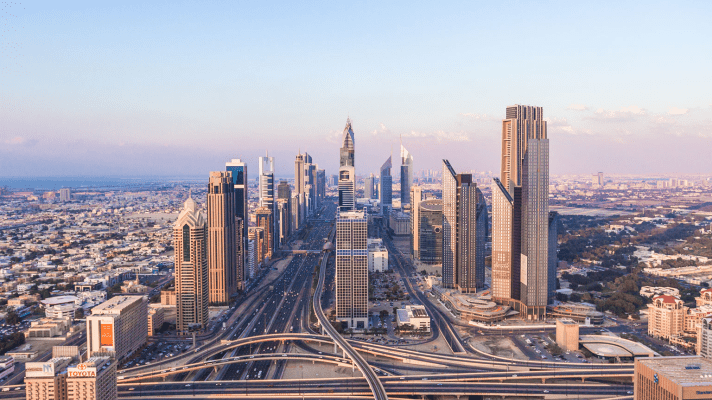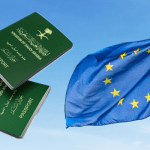Saudi Arabia Opens Property Market to Foreign Investors: A Boost for Gulf Property Sector
Saudi Arabia, the region’s largest economy, is preparing to open its property market to foreign investors, including its religious cites Makkah and Madinah. This will increase competition in the Gulf property sector.
According to property market experts, the opening of the Saudi market will not only provide another attractive and stable opportunities for foreign investors, similar to the United Arab Emirates, but it will also be an opportunity for regional and global developers to expand their investments to the region, where the return on investment is significantly higher than in many other major countries that have reached maturity.
The regional residential real estate market is currently experiencing a shortage of homes, which is expected to attract increased investment and drive up prices. According to Statista, the GCC countries, with Saudi Arabia leading the way, faced a deficit of more than 6 million housing units by 2022.
Presently, the UAE holds a prominent position in the Gulf region as a pioneer in introducing freehold property ownership. Dubai, in particular, allows individuals of any nationality to purchase property in approximately 30 areas.
Likewise, various areas in Abu Dhabi, Sharjah, and other northern emirates also provide opportunities for freehold property ownership. The real estate sector, as stated by the UAE Central Bank, is the sixth most significant non-oil industry, contributing 8.2 percent to the non-oil GDP.
Furthermore, Bahrain presents approximately 10 regions, while Qatar provides 10 localities where international individuals can make property purchases. Similarly, neighboring Oman permits expatriates to acquire properties in specific projects within the Sultanate.
Within the regional sphere, the kingdom is poised to become the most recent participant in offering freehold property to foreign residents, as it nears the completion of related legislations.
Recently, Abdullah Alhammad, the CEO of Saudi Arabia’s Real Estate General Authority (Rega), disclosed that the final stages of enabling non-Saudis to own properties throughout the kingdom, including the esteemed cities of Makkah and Madinah, which hold significant religious importance for Muslims, are underway. While acknowledging the elevated property prices in the kingdom due to supply-demand disparities, he expressed the forthcoming publication of the new law.
The real estate industry plays a significant role in Saudi Arabia’s economic landscape, contributing approximately 5.1 percent to the country’s GDP and 12.8 percent to the non-oil GDP. Foreign investors can now seize the opportunity to purchase various types of properties, including residential, commercial, and agricultural, with the assurance that stringent monitoring measures will be in place to prevent any illicit activities.
The government is actively addressing challenges and devising solutions to ensure a thriving and ethical real estate sector.
To stimulate construction and address housing demands, the Saudi government has implemented a 2.5 percent tax on undeveloped urban land acquired by landowners. This measure aims to increase construction activities and facilitate the construction of more homes across the nation.
Promising forecasts from S&P, a renowned global ratings firm, indicate continuous growth in the Saudi Arabian property market. This positive trend is fueled by the Vision 2030 initiative and the Iskan program, with a whopping $1 trillion allocated to real estate and infrastructure projects. Over 1.3 million new homes are planned by the end of 2030, as the kingdom envisions the creation of at least eight new cities. Additionally, existing major cities like Riyadh are poised to join the ranks of the world’s top ten largest cities.
Industry experts anticipate strong interest from Muslims worldwide in cities like Makkah and Madinah, known for their religious significance. Furthermore, tourist-centric cities like Neom, the Red Sea Project, and Qiddiya are expected to attract international buyers, contributing to their growth and development.
As Gulf countries open up their property sectors, the real estate market’s contribution to the overall regional economy is set to increase. This diversification away from oil income aligns with the governments’ long-term objectives.
The positive impact of freehold laws extends beyond residential and commercial properties, providing impetus for the expansion of related sectors such as theme parks and hotels. This comprehensive approach ensures the broad-based growth and development of the real estate industry in Saudi Arabia.




